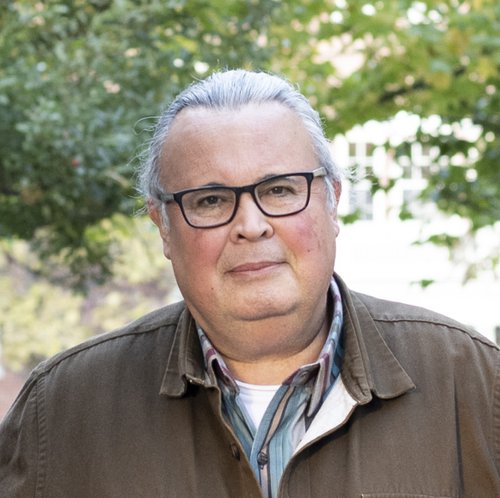Center for Global Indigenous Cultures and Environmental Justice
About the Center
Funded in part by the Andrew W. Mellon Foundation, the Center works across traditional disciplinary boundaries, and alongside Indigenous communities, to facilitate research and student engagement opportunities in cultural heritage preservation and language revitalization, defending political sovereignty, and climate change and the environment.
Specific areas of research interest include Iroquois linguistics, art history, museum studies, environmental science and policy, food studies and more.
Events

Events
There are no events in this category right now, but please check the University calendar for many other options.
Upcoming Events
Ongoing Events
Other Events
- Native Heritage Month Events at Syracuse University (November 2024)
- Charting a Path Forward: Healing from the Ongoing Trauma of Native American Boarding Schools (November 15, 2024)
- Haudenosaunee & Indigenous Matrilineality Symposium (February 28 through March 2, 2025)
Greetings from the Director

Scott Manning Stevens
[Akwesasne Mohawk]
Associate Professor, Director, CGIC
Director - Native American and Indigenous Studies
Now, more than ever, is the time to look to our Indigenous communities for the wisdom of alternate approaches to the seemingly intractable issues facing us today. Even though there is tremendous diversity among Indigenous peoples worldwide (Australia, New Zealand, Oceania, and the Americas), they have common experiences of settler colonialism and environmental challenges with a global reach.
Thanks to their wisdom of the stellar faculty and students coming together in this Center, we have the opportunity to create a new path toward environmental justice, food security and respect for our common home.
Native American and Indigenous Studies Minor
The minor in Native American and Indigenous Studies introduces students to an important area of study which until recently, was not especially visible on American college campuses: the religious, historical, political, and aesthetic dimensions of the lives of indigenous peoples of the Americas from the earliest cultures (extending back 11,000 years or more) to the present. The very nature of the records suggest that the study of these complex societies will be rooted in the archaeological and anthropological evidence. The University's location in the heart of Haudenosaunee country provides opportunities for cross-cultural dialogue and research on issues of concern to Native Americans.
Spotlight: the Haudenosaunee
The ancestral lands of the Haudenosaunee Confederacy, or the “people of the longhouse,” extend across what is now known as Upstate New York. It is made up of the Mohawks, Oneidas, Onondagas, Cayugas Tuscaroras and Senecas. Founded by the Peacemaker with the help of Aionwatha, more commonly known as Hiawatha, it is said to be one of the oldest participatory democracies in the world.
Many of the democratic principles that unified the original 13 colonies of the United States were derived from the Great Law of Peace. These include ideas like the designation of two bodies of legislature (Senate and House of Representatives) and the balance of power among different branches of government. The Haudenosaunees' main meeting place was on Onondaga territory and still exists there today.
Today, Syracuse University and the College of Arts and Sciences recognize the heritage and culture of the Haudenosaunee by beginning every major event with this statement: “Syracuse University would like to acknowledge with respect the Onondaga Nation, firekeepers of the Haudenosaunee, the Indigenous people on whose ancestral lands Syracuse University now stands.”
If you're looking for more Haudenosaunee resources, information about museums and cultural centers, Indigenous educational resources, information about Indigenous rights or Haudenosaunee Lacrosse, visit Native American and Indigenous Culture Resources.
